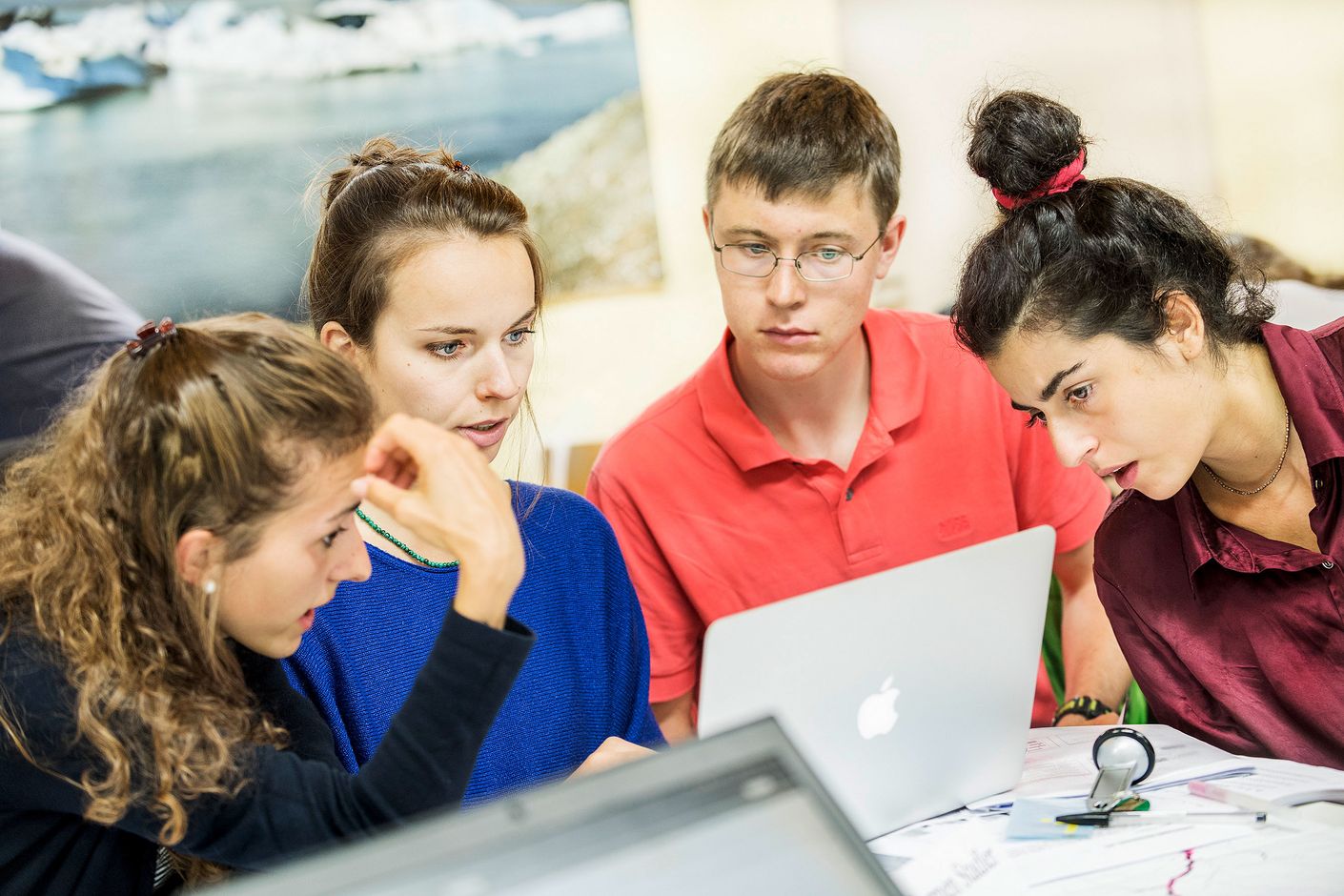
Summertime, and the learning is easy
What are the summer schools of the Swiss Study Foundation? A first-hand report from Magliaso at Lake of Lugano, in the summer of 2017.
A scene akin to a painting of Classical Antiquity meets the eye: young adults, eager for knowledge, gather around revered scholars who pass on their wisdom while engaging thoughtfully with their students’ questions and critical observations. No final exam looms, no late-night cramming is necessary. The group sits comfortably in a lakeside garden, where birds chirp happily in the palm trees; students and masters alike are engrossed in deep discussion.
This idyllic setting is, however, not a painterly depiction of Classical Antiquity, but present-day reality in September 2017, at a summer school in the small town of Magliaso, on Lake Lugano in southern Switzerland. The scholars in the scene are Carel van Schaik, professor of anthropology and zoology, and Hans-Peter Mathys, professor emeritus of theology. The two men—who lead the summer school on cultural evolution and religion—are sitting with their students in the park of the conference and recreation centre Centro Evangelico. A physics student has just asked why Christianity was able to assert itself over other world religions. “Well,” begins theologian Hans-Peter Mathys, “it was certainly instrumental that Christ approached and took interest in all human beings, down to the peasants and the disabled. He wasn’t distant or inaccessible like the god of Judaism, nor was he disinterested like the gods of Antiquity. Probably people were ready for something new. And then, the language of Christianity was Greek—not Latin, as is often thought—and Greek was in those days what English is today.” In the ensuing discussion, one thought leads to the next, many of which are new and inspiring for the young students of biology and physics.
A similar scene is taking place in the building next door, except there the name of the summer school is Big Data and the participants are discussing algorithms, “decision trees” and false positives. The students are puzzling over statistical studies of large data sets that repeatedly produce nonsensical connections and false results. For example: green jelly beans cause acne. Co-course leader Servan Grüninger begins to explain the phenomenon. A few students understand immediately and put forward their theories, while others type busily on their laptops. That morning, a crash course on big data was offered to students who, in the past, had less exposure to the subject; the course was apparently already bearing fruit. “We want everybody to grasp the basic principles and develop their own line of thinking—the medical student and the philosopher alike,” is Servan Grüninger’s credo.
Another two houses further, twenty young adults are wracking their brains over ways to manage a functioning healthcare system with modest resources. After tackling a variety of tasks in groups, they present their ideas to the entire class. Course leader Aliya Karim briefly evaluates the strategies and gives each group feedback. “You’ve improved a lot”, she encourages one of the groups, “but you can make your ideas even better. Keep working! 85% isn’t good enough.” In an aside she whispers, “That’s not true. They’re doing well.” Her summer school on managing healthcare with limited resources challenges future engineers from unrelated fields, mathematicians and IT specialists to adopt entirely new, untried pragmatic approaches to problem-solving.

The three summer schools were organised by the Swiss Study Foundation, which invited outstanding students at higher education institutions throughout Switzerland to apply. Although students from all disciplines are always addressed, most attendees are from the STEM subjects, that is, they study science, technology, engineering or mathematics. Nevertheless, the summer schools host a diverse group of 60 to 80 future civil engineers, physicists, biologists, philosophers, IT specialists and doctors.
Many of the students are here for the second time because they wholly endorse the idea behind the summer schools: learning and engaging in intense dialogue with outstanding experts and with peers who are equally curious, open-minded and hungry for knowledge. And the experience of forming new friendships—whether they last for the week or for a lifetime—isn't just personally rewarding: the students also understand that they’ll benefit from these contacts later in their professional careers, especially when they take on leadership roles, work in complex projects, head a team or even an entire company. When a problem can only be solved through a multi-disciplinary approach, it's essential to have a broad network to fall back on.
The Werner Siemens-Foundation takes great interest in supporting promising students in STEM subjects and pursues novel avenues to achieve this aim. In 2016, the Foundation resolved to grant annual funding to selected summer schools of the Swiss Study Foundation. “Future leaders in STEM subjects shouldn’t be “nerds”—they should have a broad education and command excellent social skills,” says Peter Athanas from the Werner Siemens-Foundation. “it's important that they understand the diverse challenges of our day and that they are motivated to play an active part in society—and that they are willing to use their exceptional abilities to bring about positive change.”
Report: Brigitt Blöchlinger
Photos: Frank Brüderli
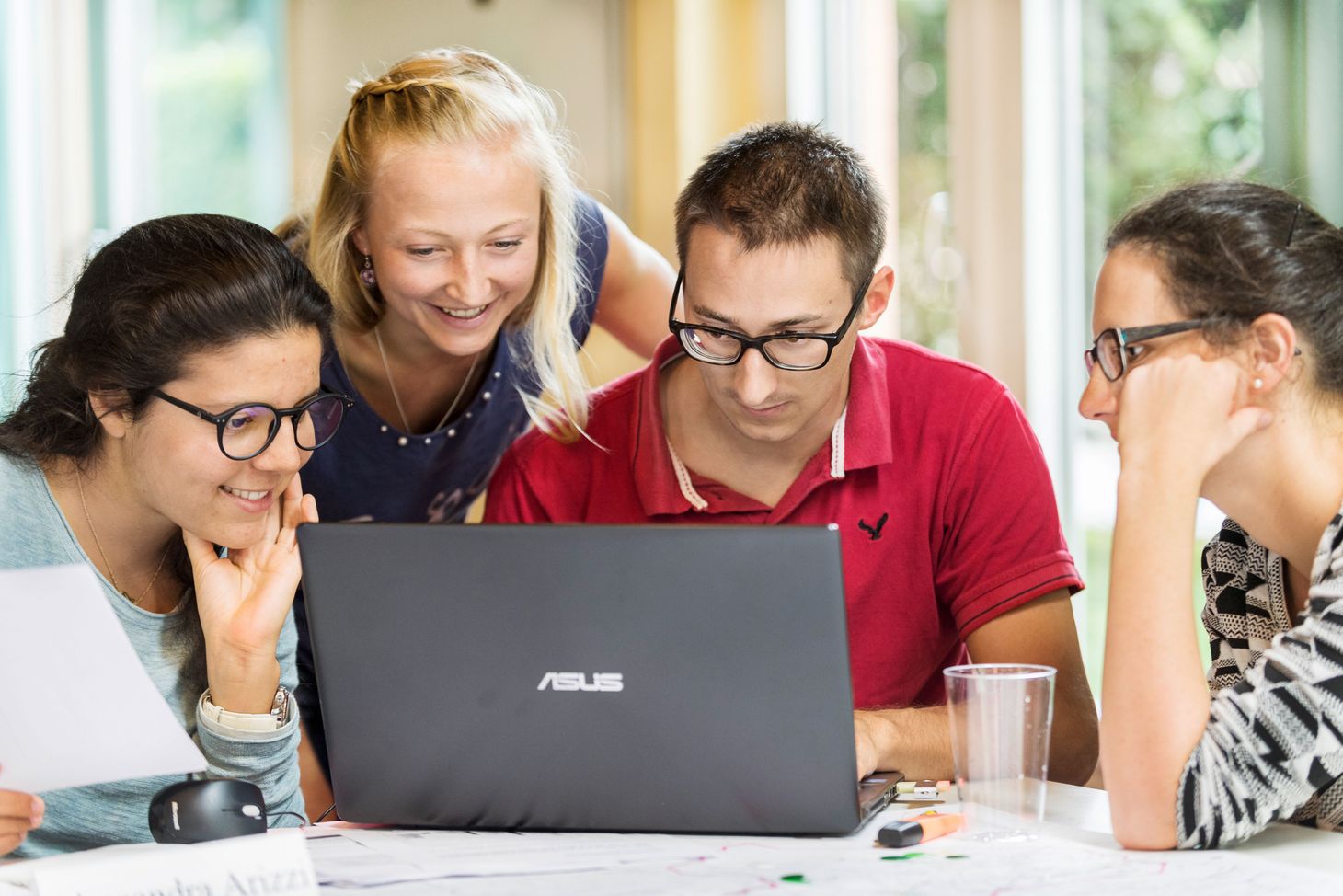

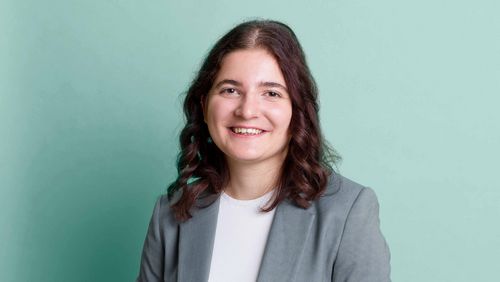
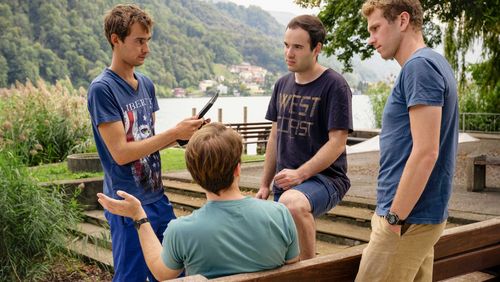
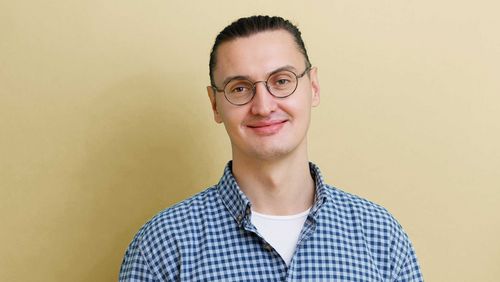
![[Translate to English:] [Translate to English:]](/fileadmin/_processed_/6/d/csm_02-WSS-News-Flora-Chiper_01_7d2e2c4805.jpg)

![[Translate to English:] [Translate to English:]](/fileadmin/_processed_/7/b/csm_WSS_08_News_Rahel_Schmidt_2479bedc21.jpg)



